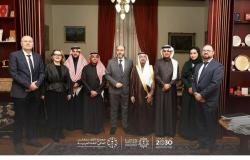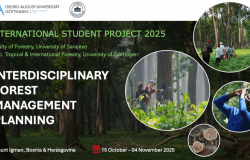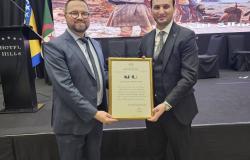The 24th World Congress of Philosophers completed in Beijing

Every fifth year world congresses of philosophers have been taking place since the first one in Paris (1900) including the most recent one – the 24th held in Beijing, for the first time in China in 118 years of this event’s organizing. The 24th Congress is a conceptual contrast between Western and Eastern cultures, or the Eastern and Western duality. Over the 6,000 philosophers and academics from 121 countries participated at the 24th Congress and discussed the rift of global civilization and the challenges that humanity will face in the future.
The next congress will take place in Melbourne (Australia, July 2023). You can find more information about the next Congress at the website of the International Federation of Philosophical Associations (FISP): https://www.fisp.org/.
The purpose behind organizing those congresses is contribution to the development of professional relations among the philosophers from all countries, promoting philosophical education, and contributing to the philosophical knowledge influence on global problems. Additionally, these Congresses produce a lasting influence on international cultural relations beyond the academic study of philosophy and promote mutual understanding and respect for tradition and trust around the world. According to Professor Dermota Moran from Dublin - FISP Chairman’s words: New inter-cultural dialogue will be initiated, new international academic partnership will be formed, hopefully new philosophy will emerge.
It is worth mentioning that considerable effort and commitment of the leading non-Confucian philosopher of today was invested in the organization of the Beijing congress. It is about the renown Harvard-Yenching professor Tu Weiming, Institute for Advanced Humanities Studies director, University of Beijing, thanks to whom, Chinese philosophy today is the source of inspiration and morally instructive conversations of the global philosophical community, as well as a creditor for a deeper understanding of the Sino-Islamic intellectual tradition.







